WEATHER COLLECTION
WEATHER STORIES
A Project by Lisa Hirmer
Organized by the University of Lethbridge Art Gallery together with project partners
October 2022 – November 2023
Weather Stories was a year-long series of online storytelling events which brings together scientists, Indigenous Elders, artists, poets, gardeners, activists and others from diverse backgrounds to tell tales about their experiences of weather in this era of climate change and uncertainty.
VOLUME 9: November 9th, 2023
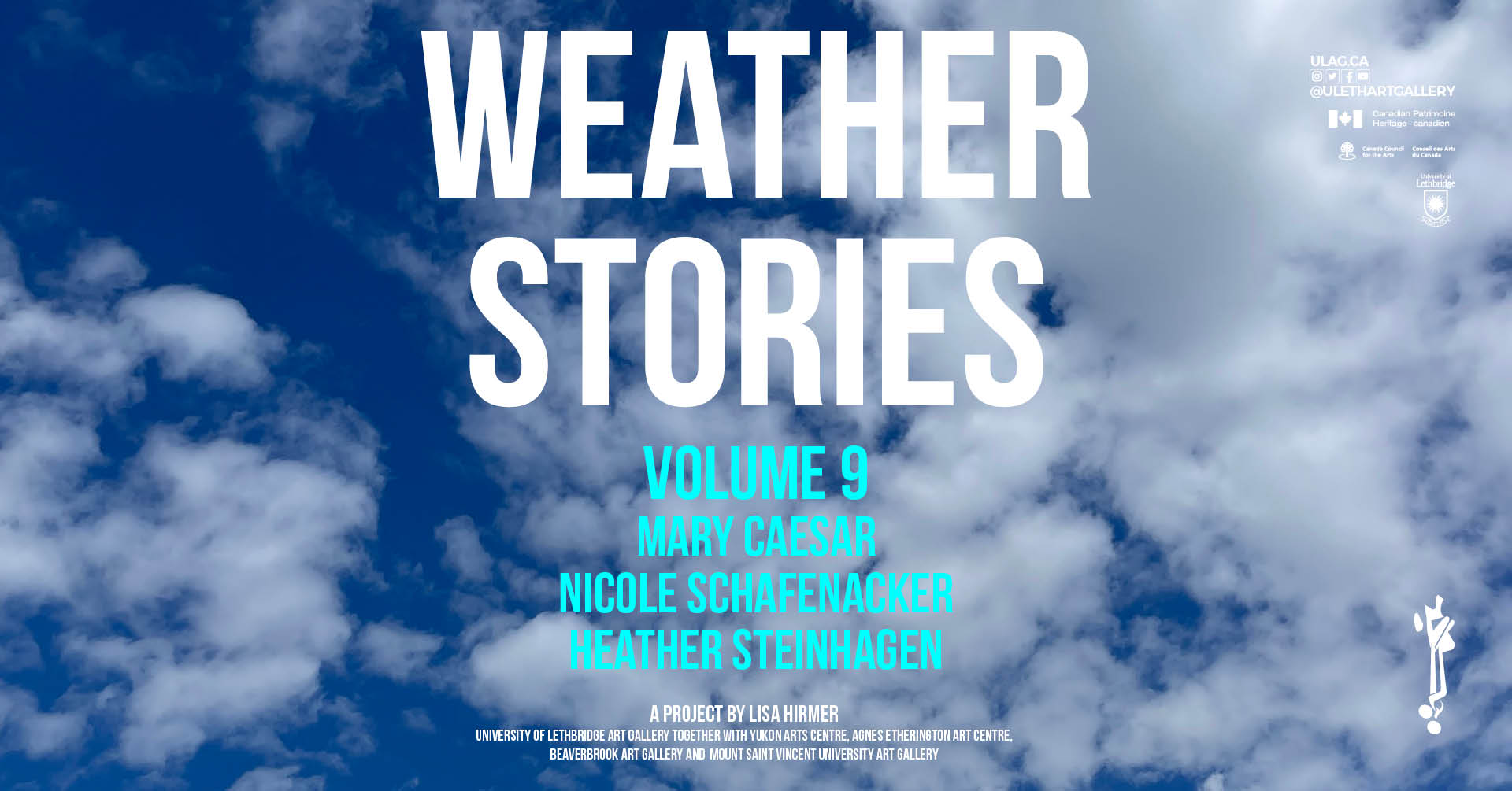
Yukon stories featuring Mary Caesar, Nicole Schafenacker, & Heather Steinhagen

Mary Caesar is a Kaska Dena elder and member of Liard First Nations. She lives in Watson Lake, Yukon 400 miles south of Whitehorse. She is an artist, writer, poet, storyteller and a residential school survivor.
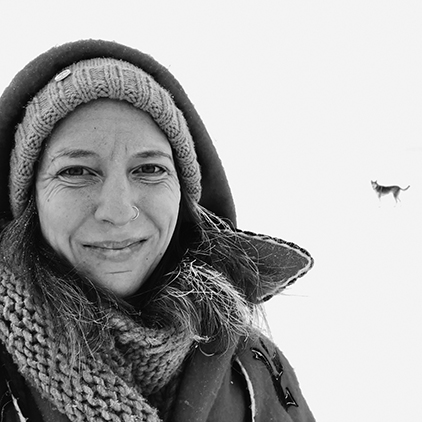
Photo: Courtesy of the artist
Nicole Schafenacker is a writer, artist and researcher residing on the traditional territory of the Kwanlin Dün First Nation and Ta’an Kwäch’än Council outside of Whitehorse, Yukon. Her work explores body memory, intimate geographies, and hopeful acts/relationships between humans and place. She is passionate about creating projects in the north at the intersection of arts, social justice, and environmental stewardship.
To this end she has worked on projects and initiatives with Canadian Parks and Wilderness Society Yukon Chapter, the International Centre of Art for Social Change, TRAction Planet’s Climate Arts Web and more. Nicole has shown work in settings including Theatre in the Bush (Ramshackle Theatre), Pivot Festival (Nakai Theatre), the International Climate Change Theatre Action Festival, TRAction Planet’s 10 Ways to Fix the Planet digital short series, and at Human Rights/Human Wrongs (Norway).
She is a co-editor of the climate fiction anthology, Our Entangled Future, an AdaptationCONNECTS project. Nicole is thrilled to be joining the Dechinta Centre for Research and Learning as a Climate Resilience Project Coordinator this winter. When she’s not writing or creating she’s out on the trail with her retired sled dog, Aliy.
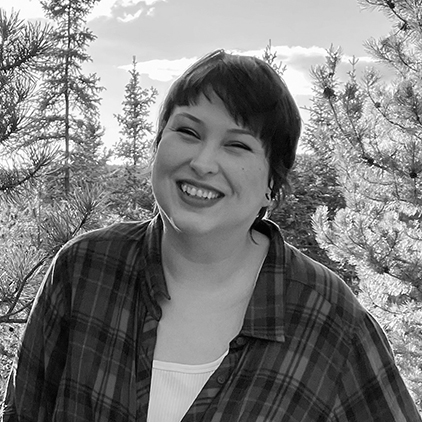
Photo: Courtesy of the artist
Heather “Von” Steinhagen’s passion for supporting creative innovation and heart-filled connections drives her career and art practice. Homegrown from Whitehorse, Yukon, Heather is an artist of sorts with roots from Cowessess First Nation (mother, Cree) and Germany (father, 2nd generation Canadian). She exhibits her artwork regularly and is often working on challenging and creative projects such as co-curating TETHER, for the 2022 Arctic Arts Summit, and making artwork, reliable for twisting the mundane points of memory collected from all dimensions, with vibrant colour.
Heather has collected a Visual Arts Diploma (Vancouver Island University, B.C., 2014) and received her Bachelor of Fine Arts, focusing on Community-based Arts Education (Concordia, Montreal, QC., 2017). She has worked as an Arts Administrator for the Yukon Arts Centre, Government of Yukon Tourism and Culture, and is the former Executive Director of the Yukon Arts Society. Currently, Heather is the part-time Content Developer for the Canadian Crafts Federation and maintains a busy artistic practice.
VOLUME 8: October 4th, 2023

With the Land stories featuring Andy Berg, Alvin Luong and Sadiqa de Meijer

Photo: Meredith Wright
Andy Berg is a Settler whose practice acknowledges the life, history and culture of the land. Berg cites the influence upon her work of numerous enriching encounters, such as teaching arts and crafts at the former prison for women, serving as a community member for the Ontario Provincial Board of Parole, Eastern Region, returning to higher education later in life while raising a young family to complete her BFAH at Queen’s University in 2008, working as a Community Lay Chaplain, officiating for diverse rites of passage, including some of the first legal same-sex marriages in Kingston, and many more. These encounters assist her with working through the domains of artistic walking, feminism, environment, ecology, Truth and Reconciliation, as well as holistic, often disputed therapeutic disciplines.
Additionally, Berg, as part of the Indigenous and non-Indigenous team, Riel + Berg Art and Culture, works with Georgina Riel (Batchewana First Nation) on public art projects (focusing on TRC Calls to Action) such as Gdoo-Naagininaa: Our Dish, a ceramic foyer mural unveiled in 2022 for Queen’s University Psychology Department foyer. Berg has also worked with NGOs such as Waterlution who selected her as the artist to represent Kingston (2017) to work with the community to create a permanent public art work, a steel and ceramic wallwork about relationships to Lake Ontario, entitled Aqua Viva, now housed in the Tett Centre for Creativity and Learning.
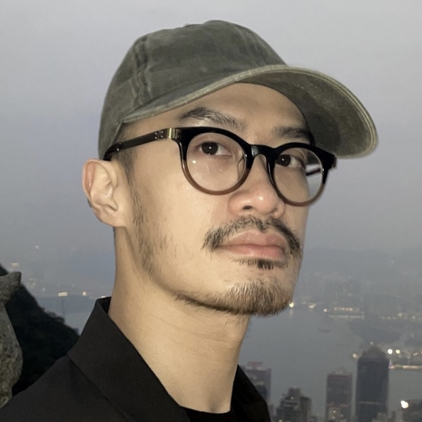
Photo: Courtesy of the artist
Alvin Luong works with stories of human migration, land, and dialogues from diasporic working class communities to create artworks that reflect upon historical development and its intimate effects on the lives of people. His focus is expressed through videos, photographs, and sculptures.
Luong has shown and screened artworks in places including the Images Festival (Toronto), Boers-Li Gallery (Beijing), Gudskul (Jakarta), and The Polygon Gallery (Vancouver). The artist has held research and resident artist appointments at the Inside-Out Art Museum (Beijing), HB Station Contemporary Art Research Center (Guangzhou), the Art Gallery of Ontario (Toronto), and Gallery TPW (Toronto). Luong was long listed for the 2023 Sobey Art Award (Canada). The artist’s works have been acquired and shown by The Rockefeller Foundation (New York City).
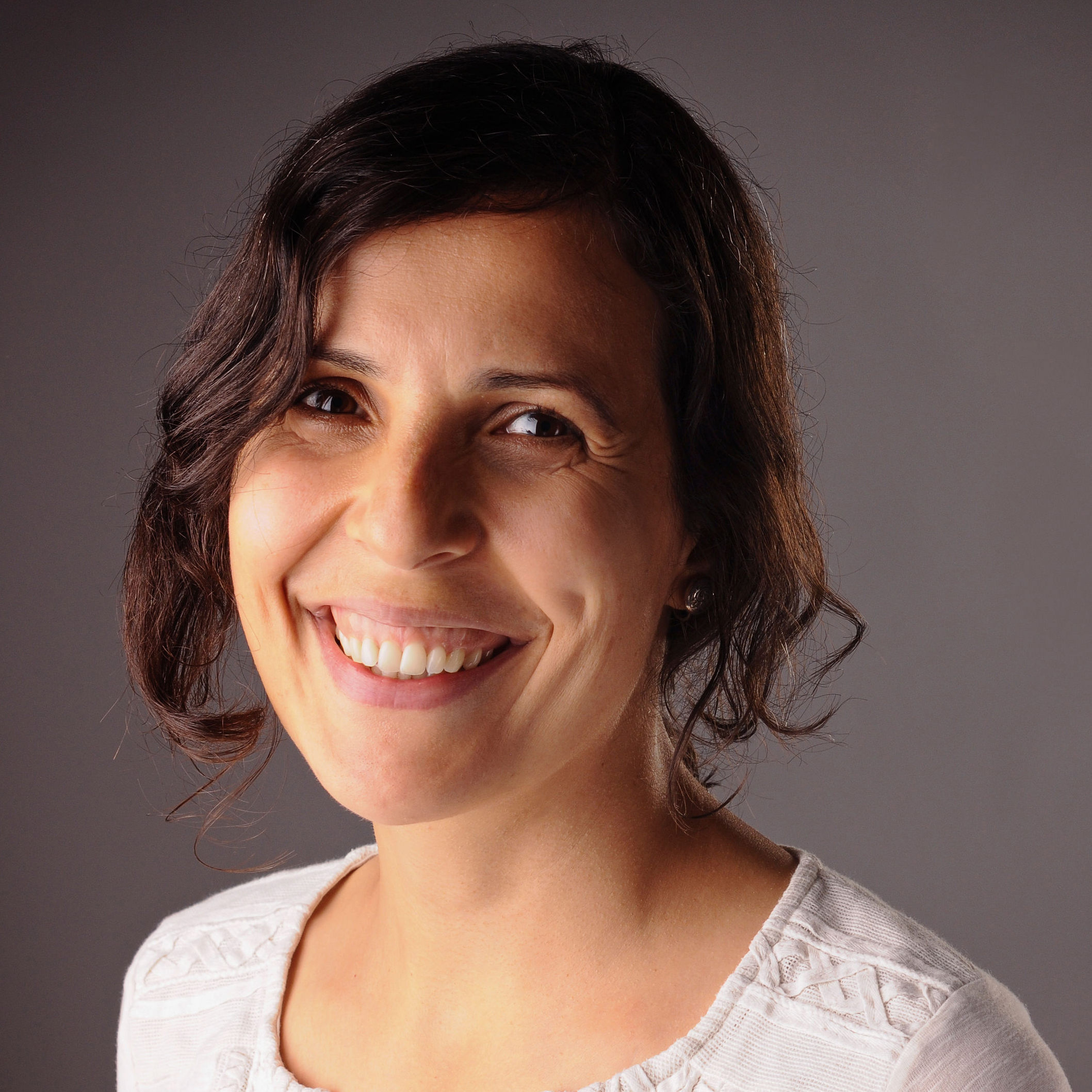
Photo: Cat London
Sadiqa de Meijer was born in the Netherlands to parents of Dutch and Kenyan-Pakistani-Afghani backgrounds, and moved to Canada as a child. Her two books of poetry, Leaving Howe Island and The Outer Wards, were shortlisted for several prizes, and her poems have appeared in journals internationally. Her book of essays, alfabet/alphabet: a memoir of a first language, received a Governor General’s Literary Award. Themes in her writing include landscape, migration, motherhood, racism, language, and spirituality. She is currently Poet Laureate of K’atarohwki/Kingston.
VOLUME 7: August 14th, 2023

Atlantic stories featuring Peter Dykhuis, Andrew Maize and Ron Treblay
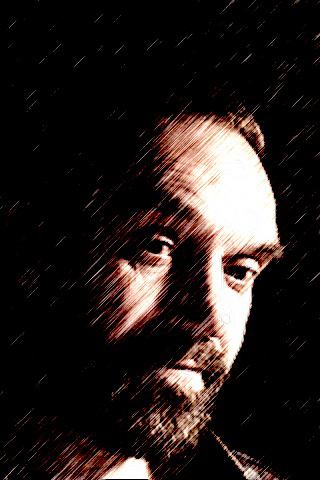
Dykhuis is also a studio artist that has exhibited at public galleries throughout Canada. Internationally, he has participated in group-shows across the United States as well as in London and Vienna and has mounted solo exhibitions in Tokyo, Sydney and New York City.
Dykhuis was a member of the Red Head Gallery in Toronto from 2004 to 2013 but in 2014
he founded a new cooperative gallery in Halifax named HERMES. Over the decades, he has
received multiple awards and grants and has his work placed in numerous public and
private collections.
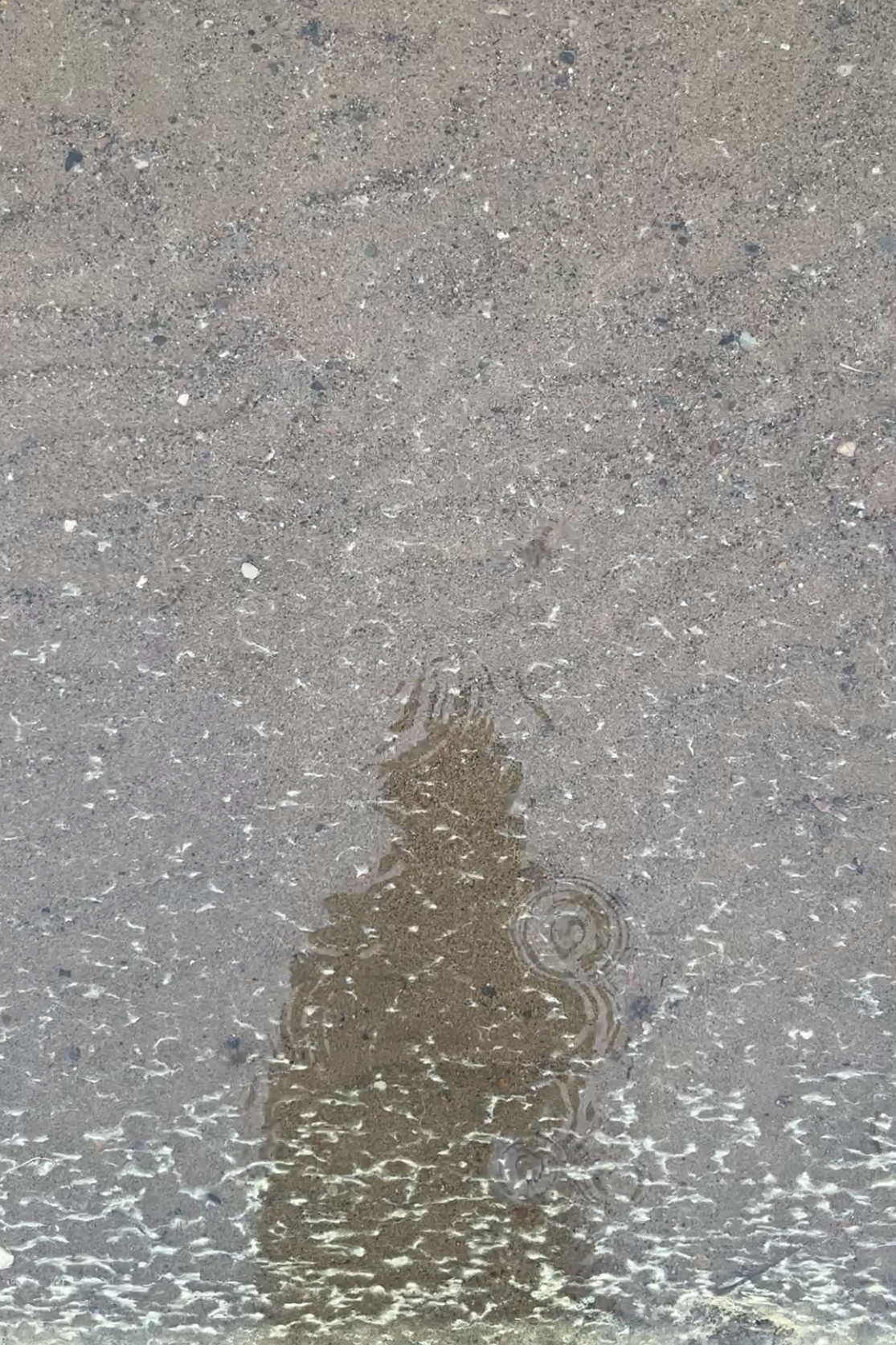
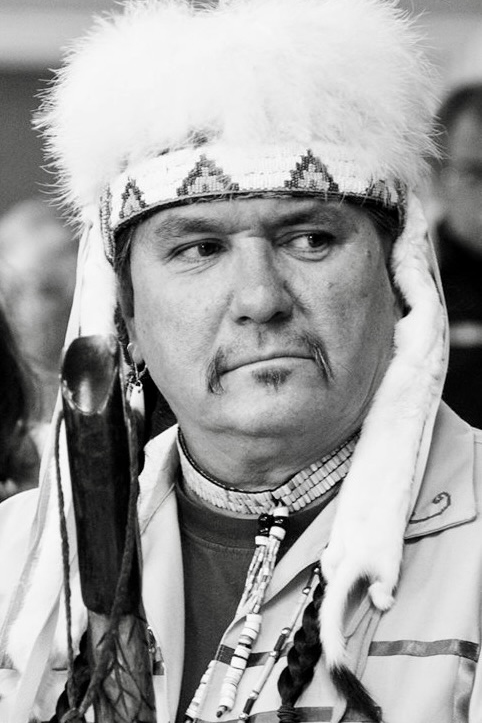
Ron Tremblay is his colonial birth name but is known as “spasaqsit possesom”
(spuz-akw-zid buz-za-zum) – morningstar burning. He is a citizen of Wolastokuk
(Wa-lus-da-gook). Being the youngest of 10 children of the late Doris Sappier and
Raymond Tremblay, spasaqsit possesom grew-up surrounded by Wolastoqey (Wa-
lus-do-kway) Language spoken fluently. spasaqsit possesom credits his mother
Doris and grandparents Madeline LePorte and Louise Sappier for his genuine love of
Wolastoqey Language and he also acknowledges that they provided him the true teachings of life.
After moving to Fredericton in 1991 he befriended several Elders from local area.
The two main Elders Ulsonuwit Sqot (Harry LaPorte) and Sagatay (Gwen Bear)
guided him deeper into his Wolastoqey Traditional Ways. After years of
involvement in various ceremonies with his teachers spasaqsit possesom gained
wisdom and knowledge of “Wolastoqey way of life”. Still today, Ron practices the
traditional ways of Wolastoqewiyik. In November of 2016, Ron was installed as
Traditional Wolastoqewi-Grand Chief. The mandate of Wolastoqey Grand Council is
to protect and preserve Wolastokuk, their non-ceded traditional homeland,
waterways, ceremonies and language.
VOLUME 6: March 30th, 2023

Atlantic stories featuring Frances Dorsey, Sunetra Ekanayake and Undine Foulds
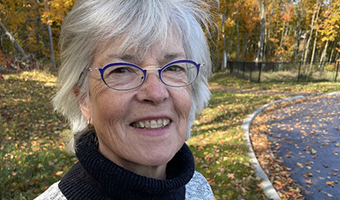
Working with cloth is slow and allows time for reflection. Considering rocks and plants she hopes to reflect the vulnerable, layered, multiple lives and functions around us and beneath our feet. This is complex to grasp, but attempts to observe and understand give rise to an imaginary world of shapes, forms and colours, and narratives that can inspire while remaining elusive. The slowly accumulating weaving gestures that assemble something out of a pile of string on the floor has a weirdly sensuous aspect that is both geological and horrifying.
Most recently she curated Plant Kingdom an exhibition at the Dalhousie University Art Gallery featuring the work of eight artists including herself. While all participants focused on plants in some form, each artist took the engagement in an entirely different direction and together created a multi-faceted consideration of plants as entities.
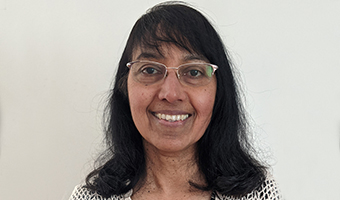
Sunetra Ekanayake is a biologist, nature artist, and an environmentally-active citizen
who resides in Halifax, Nova Scotia. She enjoys exploring the wilderness of Nova
Scotia and the other Atlantic provinces in all seasons through wilderness camping,
canoeing, and hiking. These explorations provide the inspiration for her artwork. She
is involved in a number of environmental awareness and conservation organizations,
including being the VP of Botanical Artists of Nova Scotia Association (BANSA) and
a member of the Nova Scotia Wild Flora Society (NSWFS). She also frequently
organizes and leads hikes with the Halifax Outdoor Adventurers Meetup group. She
feels privileged to have been able to experience this beautiful wilderness and hopes
these areas remain intact for the future generations.
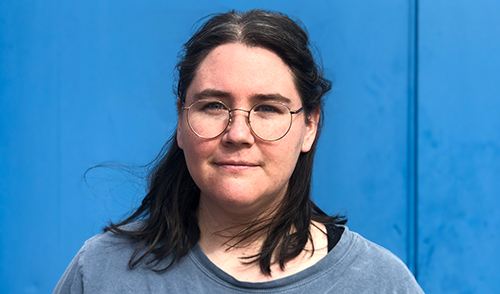
Undine Foulds is an interdisciplinary artist, facilitator, and curator of Métis and Irish descent. She knows home along the Kootenay River, the swah’netk’qhu/Columbia River, the Salish Sea, and is currently living with the North Atlantic Ocean, in Kjipuktuk/Halifax, where she received an Interdisciplinary BFA from the Nova Scotia College of Art and Design in 2021. Motivated by doing things with and for others (including interactive art projects, backcountry hiking, tanning deer hides, and sharing dinner), Undine endeavors to connect more than keep separate. She often makes things out of clay, and is more interested in what a vessel can contain than its name.
VOLUME 5: March 9th, 2023
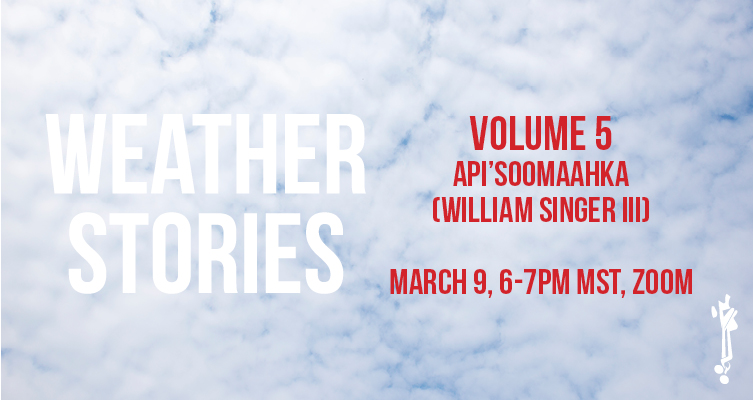
Alberta stories featuring Api’soomaahka (William Singer III)
Api’soomaahka (Running Coyote) – William Singer III is a member of the Kainai Nation of the Blackfoot Confederacy. Named after his great, great, great uncle who was a Blackfoot warrior, Api’soomaahka carries on his legacy through stewardship and maintaining the Blackfoot worldview.
His main profession is as an artist/illustrator with over 40 years of experience. His work is deeply rooted in the Blackfoot worldview and uses his art to teach the Blackfoot language and culture. He devotes a lot of time as an entrepreneur, an educator and an environmental and political activist, utilizing Blackfoot Ecological Knowledge and protocol.
He currently operates Naapi’s Garden and Katoyiss Seed Bank and teaches land based/Indigenous education at Opokaa’sin Early Intervention Society. He is member of the Kainai Ecosystem Protection Association (KEPA) and the Oldman Watershed Council (OWC).
VOLUME 4: March 2nd, 2023
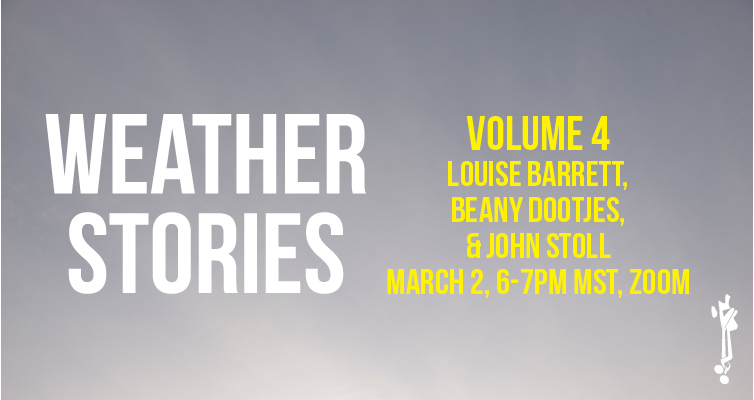
Alberta Stories featuring Louise Barrett, Beany Dootjes and John Stoll
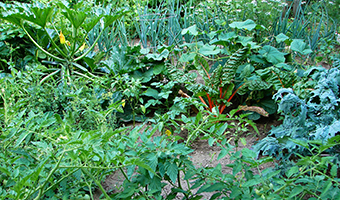
Beany Dootjes is an artist and life-long gardener. In 2007, she purchased a small 1940s bungalow on a large city lot, where she continues to grow an annual supply of fruits and vegetables while favouring non-genetically modified strains. She focuses on an organic, 100-mile diet that optimizes water consumption, mulching, soil amendments, and plant selection based on our local climate. She is also an alumni of the University of Lethbridge and an artist. She has shown at the University of Lethbridge Art Gallery and at Casa, where she recently showed the third in a series of exhibitions about her gardening practice.
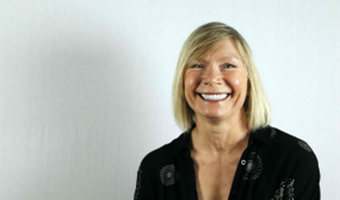
Dr. Louise Barrett was trained in ecology and anthropology at University College London, and has taught in anthropology, biology and psychology departments in the UK and Canada. She is currently a Professor of Psychology and Canada Research Chair in Cognition, Evolution & Behaviour at the University of Lethbridge, and a Fellow of the Royal Society of Canada. Over the past 25 years, she has conducted long-term field studies of baboons and vervet monkeys in South Africa, in collaboration with Professor Peter Henzi. Her research centers on how ecology shapes patterns of sociality, brain size, and cognitive evolution. She is also interested in a biocultural approach to human behaviour, particularly with respect to fertility and reproductive decision-making in both non-industrial and industrial societies. Her work draws on the disciplines of anthropology, psychology, philosophy, cognitive science and behavioural ecology.
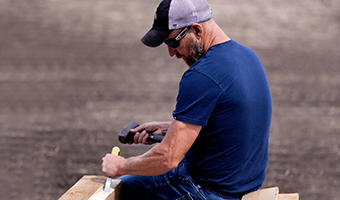
John Stoll is the Director of Operations at the Coutts Centre for Western Canadian Heritage, where for over ten years he has worked with the University of Lethbridge managing and overseeing all the all projects and events at the Centre. With a a passion for restoration and salvage, he brings a designer’s eye to repurposing buildings and materials. His creativity is sparked when given the opportunity to bring new life to a piece of the past, either reviving the original story, or creating a new one. Following Jim Coutts’ leadership since 2011, John carries on the hard work ethic and love of the prairies and homestead history into every aspect of managing the Centre and grounds.
With over 25 years as owner/operator of Hortscape Ltd; John has completed a wide
variety of landscape/construction installations in the Southwestern Alberta area. John has also enjoyed the opportunity to develop and instruct landscaping courses, both independently, and in conjunction with the Lethbridge College, and the Blood Tribe.
VOLUME THREE: November 16th, 2022
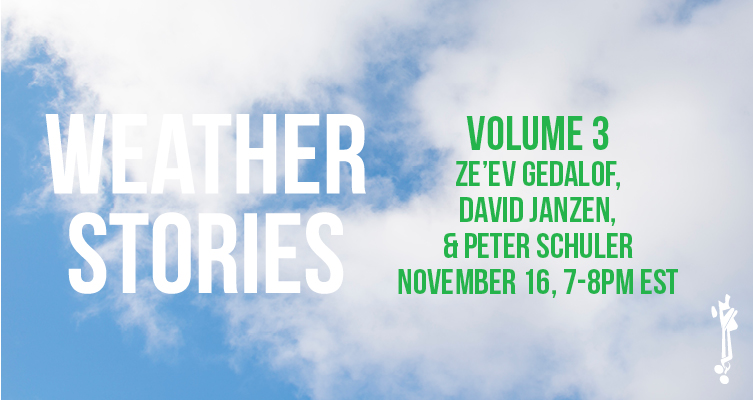
Ontario Stories featuring Ze’ev Gedalof, David Janzen and Peter Schuler
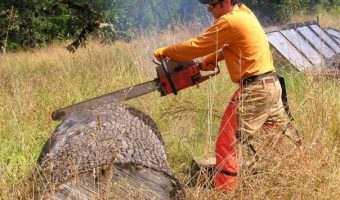
Ze’ev Gedalof‘s research addresses a range of problems related to forest ecosystem dynamics, climatic variability, and natural resources management. His research approach incorporates a broad spectrum of tools and techniques, but most of his ongoing projects involve the analysis of tree-rings in order to reconstruct past patterns of stand development, disturbance, and climate. Gedalof is especially interested in understanding the processes that has caused recent changes in the position of mid-latitude treelines – both in mountain environments, and in temperate savannahs.
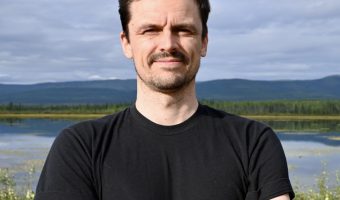
David Janzen writes, teaches, and creates on the traditional territory of the Neutral, Haudenosaunee, Lūnaapéewak and Attawandaron peoples. His research, writing and art spans genres and media, including poetry, sound art, music, and philosophy. Recent work includes: a poetry chapbook titled nature : nurture, which explores daily rhythms of raising an infant in the midst of climate catastrophe; Soil as a Relational Medium, a research project that examines how we can relate to soil in more sustainable ways; and rivertime a collaborative project that uses canoeing to help us rethink our relationship to colonial histories of Canadian rivers. David lives in London, Ontario, with his family and teaches at the University of Waterloo.
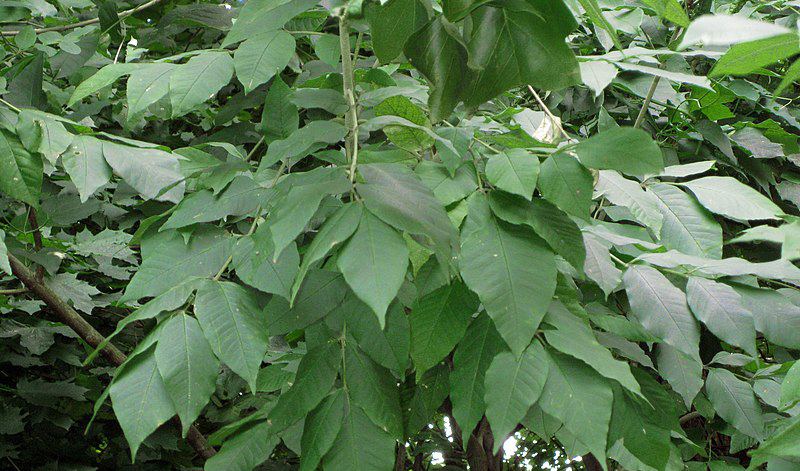
Peter Schuler is a grandfather and Elder of the Mississaugas of the Credit. Peter is a member of the Minweyweygaan Midewin Lodge in Manitoba. An amateur writer and artist, Peter tries to pass on traditional Ojibwe teachings through storytelling, art and craft making. Since retirement from construction work he has taken these stories to elementary and high schools and works to educate the public in an effort to fight racism and to promote understanding of First Nations history and culture.
VOLUME TWO: NOVEMBER 2nd, 2022
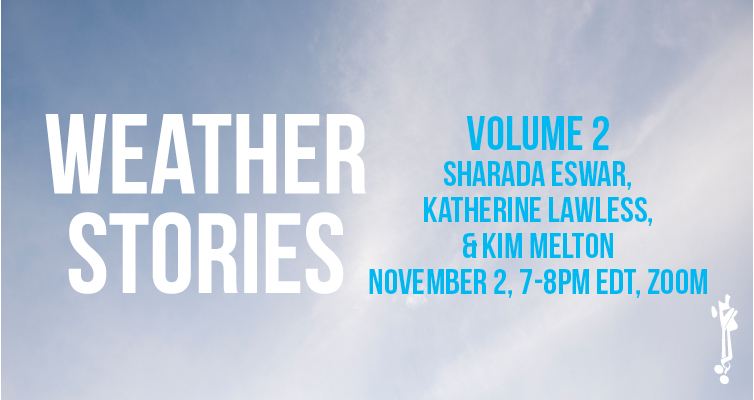
Yukon/Ontario Stories featuring Sharada Eswar, Katherine Lawless, and Kim Melton
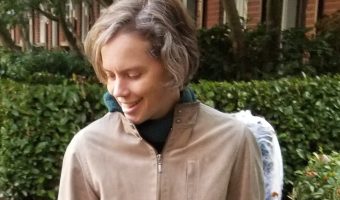
Kim Melton (she/her), @kimsmelton, is a queer naturalist of european and settler descent who thrives in the boreal forest she calls home. She resides, with gratitude, in the Traditional Territory of the Tr’ondëk Hwëch’in First Nation on the Klondike River, near Dawson City, Yukon. She spends perhaps too much time considering how to live a good life. She devotes herself to living lightly on the land at her shared off-grid river-access orchard, writing her way through the forest and hoping her work will bring others into closer, healthy relationship with the natural world. Somewhat to her surprise, some of her dearest companions of late have been Jack Russell terriers.
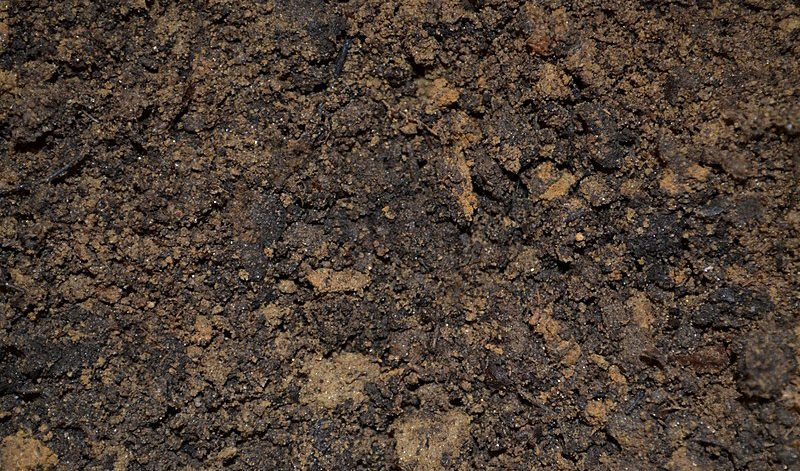
Katherine Lawless is an Associate Professor at the Centre for Global Studies at Huron University College in London, Ontario. Her interdisciplinary research is concerned primarily with social and ecological justice, material cultures, and the relationship between subjectivity and place. In the past, Katherine has examined the entwined histories of cultural memory and practices of dispossession (especially of land). She has published on memory, art, politics, energy, and capitalism in journals such as Feminist Media Studies, American Imago, and Mediations. She is the PI on the collaborative research project “Soil as a Relational Medium,” which reframes soil as a set of social and natural relations rather than an object or thing and conducts field work with farmers, artists, curators and soil scientists in Yukon, Southern Alberta, and Southwestern Ontario. She is co-PI on a second major research project, “Newcomer Readiness and Sustainable Migration in the Canadian North,” which investigates the social and environmental impacts of the Rural and Northern Immigration Pilot (RNIP), a policy that fast-tracks newcomers to communities in Northern Canada to stimulate economic development. Katherine is also a dedicated educator whose teaching spans the fields of human geography, cultural anthropology, political economy and ecology, and critical and cultural theory and places a high value on community-engaged and active learning. Weather Stories is her first foray into creative writing.
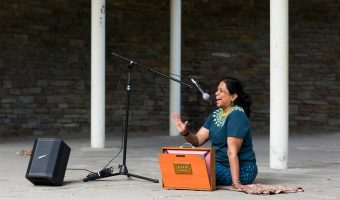
Sharada Eswar is a writer, storyteller, singer and arts educator, Sharada’s work spans multidisciplines and art forms. A graduate in Literature Studies, she trained to be a writer and a storyteller. Simultaneously she also immersed herself in Carnatic Music (south Indian classical music) in Chennai, India. She also took to many other styles including Hindustani Classical (Patiala Gharana) Rabindra Sangeet, Abhang and European. While maintaining her Veena studies, her interest shifted to the voice and storytelling. She was part of the team representing India at the India Abroad show in Paris and New York. She was also one of the three chosen by the Centres Culturels des Lions Clubs de Paris to present Indian culture in Normandy, France. Since moving to Toronto, she has been performing and teaching in Toronto and internationally, drawing on her South Asian ancestry and heritage. A published children’s author, Sharada was the OAC Cultural Animator for the Mississauga/Peel region and Community Activator at the Art Gallery of Mississauga. In recent years, she has exhibited work at the Peel Art Gallery and Museum and served as Assistant Director at the Shaw Festival. Sharada has been involved with Jumblies Theatre for over a decade, as guest artist, performer, cultural interpreter (Tamil), community partner (via the Art Gallery of Mississauga), Board member and chair, Assistant Artistic Director, and, as of September 2022, Incoming Artistic Director, and ongoing Lead Artist of the blue skies, red earth & tall pines multi-year community engaged project.
VOLUME ONE: OCTOBER 12th, 2022
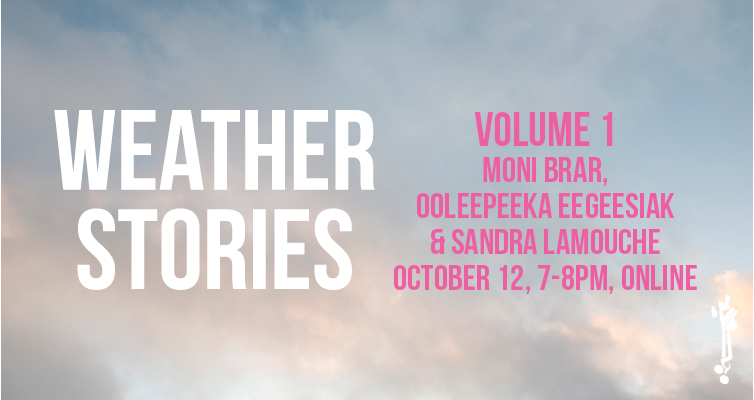
Alberta Stories featuring Moni Brar, Ooleepeeka Eegeesiak & Sandra Lamouche
Sandra Lamouche is a Nehiyaw Iskwew (Cree Woman) from the Bigstone Cree Nation in Northern Alberta and married into the Piikani Nation in Southern Alberta and mother to two boys with braids. Sandra is a multidisciplinary creator and storyteller, she is a Champion Hoop Dancer, award winning Indigenous Educational Leader, two-time TEDx Speaker, artist, and writer. In 2022 she completed an M.A. from Trent University, titled “Nitona Miyo Pimadisiwin (Seeking a Good Life) Through Indigenous Dance” which examines Indigenous Dance as a Social Determinant of Health and Well Being.
Ooleepeeka Eegeesiak is an Inuk and qallunaaq (ka-lu-nak) who was born in Iqaluit, Nunavut but has lived in Treaty 7 lands for most of her life. She is a poet, prairie-lover, aspiring arts worker, wannabe gardener, and is currently a curatorial assistant at the University of Lethbridge Art Gallery.
Moni Brar (she/her) was born in rural India and now gratefully divides her time between the unceded territories of Treaty 7 and Metis Nation Region 3 (Calgary) and the Syilx Okanagan Nation (Oliver). She has multiple nominations for Best of the Net and the Pushcart Prize, was the winner of the 2022 Lieutenant Governor of Alberta Emerging Artist Award and has received writing awards and honours from PRISM international, Room Magazine, Arc, Blood Orange Review, and Subnivean. Her writing appears in Best Canadian Poetry, The Literary Review of Canada, Passages North, and Hobart. She is an alum of Tin House and The Banff Centre.